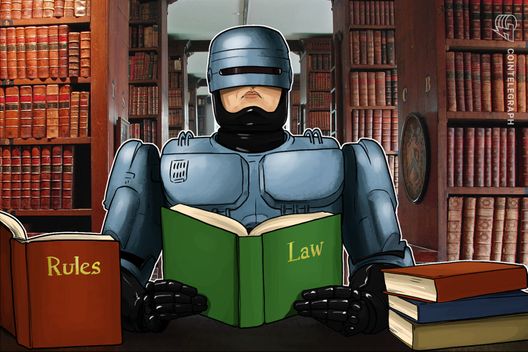Tiny Bitcoin miner defies massive odds to solve a valid block
Despite having a modest hashrate capacity of about 126 TH/s, the lucky miner won the crypto equivalent of the lottery and took home 6.25 BTC worth about $266,000.
596 Total views
16 Total shares

A single Bitcoin miner from the Solo CK mining pool has defied the odds after successfully adding a new block on the Bitcoin blockchain, taking home 6.25 BTC ($266,000) for their efforts.
The lucky miner, who may have been mining on just one or two machines, solved a block with their modest hashrate capacity of 126 TH/s. According to a Jan 11 tweet from Solo admin, Dr. Con Kolivas it’s equivalent to about 0.000072% of the total Bitcoin (BTC) network hashrate — which is 175,000,000 TH/s (175 EH/s).
Bitcoin mining expert and member of the Bitcoin Mining Council (BMC) Hass McCook told Cointelegraph that he has never heard of anything like it, adding that “to say this is very rare is an understatement.”
“Usually, having 0.000072% of the hashrate means that, on average, Solo CK will win 0.000072% of the blocks, or, about 1 in 1,400,000,” he explained.
“Everything in Bitcoin is probabilistic, even transaction settlement. The more confirmations you have on your tx, the less likely it will be reversed.”
Related: How to mine Bitcoin: A beginners guide to mine BTC
According to McCook, the miner could’ve been using a single machine. “The Antminer S19 is a 110TH/s machine, so Solo CK could have even been mining with just one overclocked rig! More likely it was 5 or 6 Antminer S9 units. Either way, it could very easily be a home miner,” he said.
A machine’s hashrate refers to how many hashes, or mathematical equations, it can solve per second. On average, a new BTC block is mined every ten minutes. Dr. Con Kolivas estimated the chances weren’t quite so high, with a 1 in 10,000 chance of finding a block per day with that hasbut added the miner probably wouldn’t repeat the feat.
“For the miner involved it’s a once in a lifetime chance,” Kolivas wrote.
“It’s usually larger miners that solve blocks statistically but there is no reason even the smallest miner can’t solve one.”
He noted a small miner in his pool had solved a block about one year ago.









